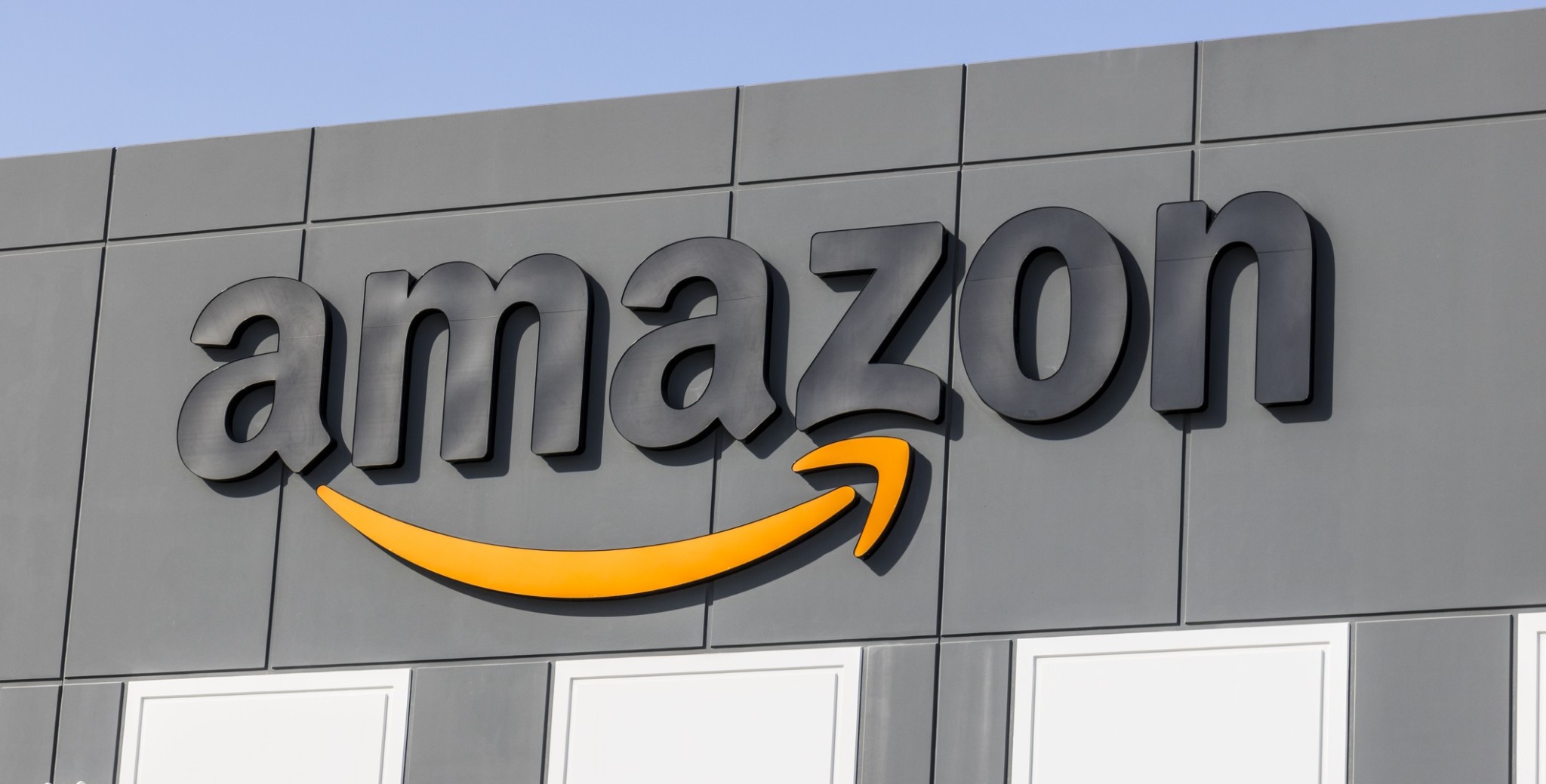Back in 2019, Amazon announced plans to launch a home internet service. This service would run off low-earth orbit satellites. This is very similar to SpaceX’s Starlink service, which is already available in many parts of the world.
In October, Amazon announced their Project Kuiper would launch more than 3,000 satellites into low-earth orbit to offer this home internet service. To do this, Amazon has announced plans to build the required satellites in Kirkland, Washington.
Amazon has also secured a deal with ULA, Arianespace, and Blue Origin to launch these satellites into space starting in early 2023. With this deal, Amazon hopes to launch multiple prototypes into space to test the system before mass production starts.
Amazon is facing a deadline as the FCC has given it until mid-2026 to have 1,600 satellites in space or face losing its FCC approval for the project.
These satellites will offer far better home internet compared to older satellite home internet service. With faster speeds and lower latency, Amazon is hoping to become a major player in the world of home internet at a time when home internet is becoming more critical than ever.
So what should you expect? SpaceX’s Starlink is likely a good example. A recent report from Ookla.com says Starlink is averaging about 90.55 Mbps down and 9.33 Mbps up with a latency of 43. This is a crazy jump in internet speed for millions of Americans living in rural areas that struggle to get home internet. So, as more satellites have been launched, the speed has increased.
The same is likely to happen with Amazon’s home internet. As more people use it Amazon will have to continue to offer more satellites to handle the demand.
This could be huge news for cord cutters if Amazon is able to follow through on their plans. Studies have shown that as more options for home internet come, online pricing has come down, and data caps have gone away. For now, though, we have to wait as we are likely still years away from these networks becoming fully built out.

